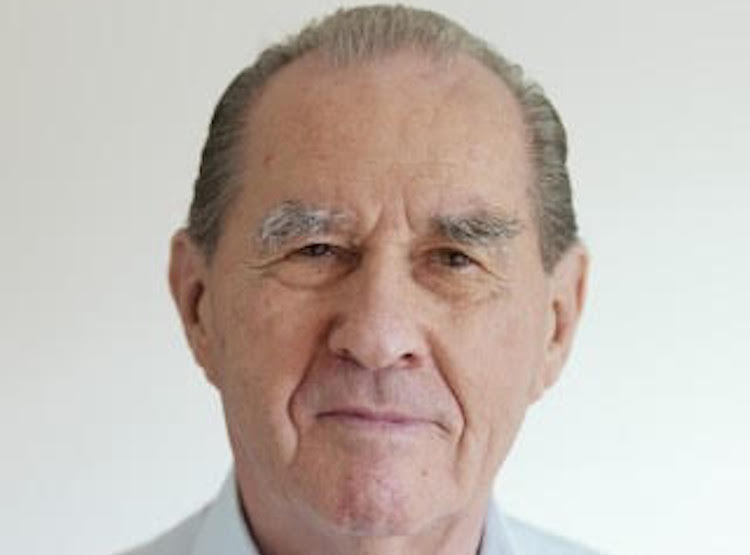By Lisa Vives, Global Information Network
NEW YORK (IDN) — Controversy is dogging the latest project of the world’s largest online retailer, Amazon, as it prepares to set up its African headquarters in Cape Town, South Africa.
Amazon would be the anchor tenant of the River Club—a nine-story business and residential complex with a hotel, gym, restaurants, conferencing, schools and event space.
But the dust has far from settled over the new African Amazon at the US$285 billion River Club development site, once a pasture for Khoikhoi herders who did battle with European soldiers more than 500 years ago.
Khoi people were dispossessed of the land centuries ago, and it became a place of war and indigenous enslavement.
Some of the country’s first inhabitants, the Khoi Khoi and San—whose presence in the southern tip of the continent has been dated by archaeologists to thousands of years—say the project desecrates ancestral land.
“We are sick and tired of a city administration and of a provincial administration that acts like a traumatized post-colonial, recolonizing power … that can bow down before the statues of Cecil Rhodes and Jan van Riebeeck but spit in the face of (Khoi leaders from the 17th century) Krotoa and Autshumato and Klaas Stuurman,” said anti-apartheid fighter Rev. Allan Boesak.
“What they propose is to take this sacred ground and to turn it into development for some new liberal capitalists from across the seas, with friends and allies in this country. We will not let that happen.”
“This is a site which we hold very dearly, as all South Africans, as it presents an opportunity to reconcile deep traumas that re-enter into our psyche, generation after generation,” said Khoi leader Tauriq Jenkins.
Environmental activists argue that construction of the mega development on the floodplain between the Black and Liesbeek Rivers will damage the ecosystem and increase the risk of flooding in adjacent properties.
Last month, Jenkins, Boesak, and approximately 100 others took part in a walk of resistance, demonstrating their objection to the development.
The group is expecting an uphill struggle since, according to the office of Mayor Dan Plato, the project obtained “extensive input on how the Khoi heritage of the area would be respected and memorialized and referenced the support of The First Nations Collective.
The developers have reportedly pledged to include an indigenous garden, cultural, heritage and media centre for the First Nations, and a heritage eco trail.
Provincial Environmental Affairs and Development Planning spokesperson Rudolf van Jaarsveldt said: “A democratic and transparent process was followed. The final appeal decision was procedurally fair and reasonable, and followed the legal requirements. There was both public support and opposition to the development, which was considered in the final decision.” [IDN-InDepthNews – 19 May 2021]
Photo credit: Khoisan Aboriginal First Nation Non-profit organisation Facebook.
IDN is the flagship agency of the Non-profit International Press Syndicate.
Visit us on Facebook and Twitter.
This article is published under the Creative Commons Attribution 4.0 International licence. You are free to share, remix, tweak and build upon it non-commercially. Please give due credit.

